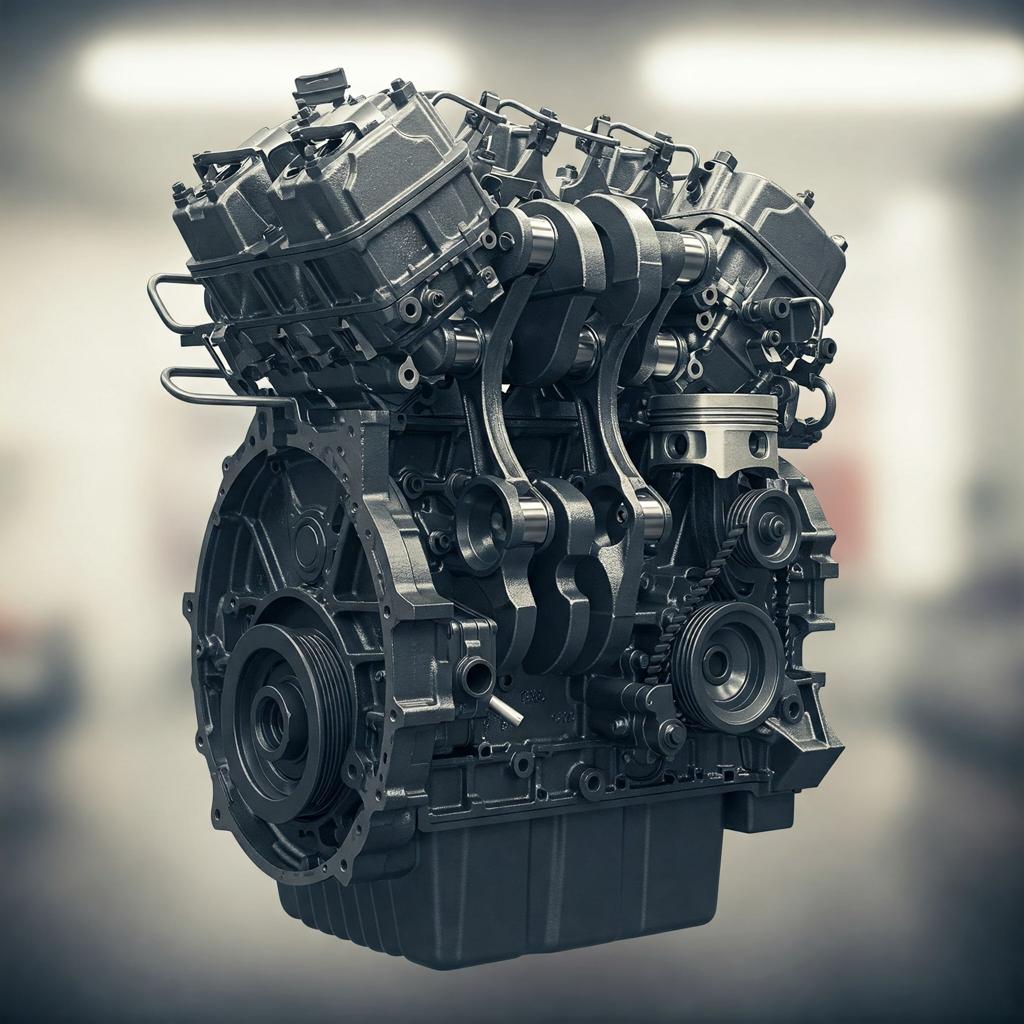
The Genesis of the Internal Combustion Engine
The combustion engine has become an integral part of our lives now because, from an energy point of view, it is one of the most efficient ways to develop labour. To understand the impact this technology has had on billions of lives over the years, one only has to think of transport and services.
In the coming decades, there will most likely be a trend towards replacing the internal combustion engine with electric motors, but it is undeniable that, come what may, internal combustion engine technology has had a decisive and undeniable impact on our history.
Who invented the internal combustion engine
Without mincing words, let me inform you that the first person to patent an internal combustion engine was the Italian engineer Enrico Zeno Bernardi. He was also the first to create an actual vehicle powered by an internal combustion engine in 1884.
Of course, it would be incorrect to say that without him this technology would never have been invented, but he was nevertheless the first and one of the greatest forerunners along with Eugenio Barsanti, Felice Matteucci, the Italians who first invented the technology in Florence, Etienne Lenoir (Belgian), Nikolaus August Otto, Karl Benz and Gottlieb Daimler (Germans).
Taking a cue from Alessandro Volta's gun, another famous Italian inventor, Barsanti had the idea of creating an engine that would work with the expansion of a gas. Exploiting the expansion of hydrogen, Barsanti and Matteucci's project would later be christened the Barsanti Matteucci engine.
The engine was a three-stroke, intake, burst and exhaust engine, which, with the descent of the piston previously pushed up by the expansion of the gas, distributed the driving force on the shaft. So it was the atmospheric pressure and the weight of the piston that allowed the shaft to move. For this reason, this three-stroke system is also called atmospheric grave.
The first memoir was filed by the two inventors at the Accademia dei Georgofili in 1853 and represented a considerable step forward in energy efficiency compared to the previous engines running on steam, which were already present at the time.
Impact of the internal combustion engine in our lives
Many times human beings have a tendency to appreciate things only when they are no longer there. Although anyone can understand that this technology is essential nowadays, I think it is useful to give some examples to put you in the right frame of mind to understand the concept I would like to express even better.
Let us imagine that the internal combustion engine had never been invented. We get up at four o'clock in the morning, are ready at five, grab our umbrella and walk our children to the nearest school which is about two hours away.
Hoping not to have to go back and that the place is on the way, we set off and arrive at the factory as wet and tired as penguins in spring. It is now nine o'clock in the morning and so, rested as we are, we can start our eight-hour working day plus a two-hour lunch break that we will use to drive our children home.
At seven in the evening, we walk the same route we took and after another walk of just four hours, we are ready to have dinner at home, in the hope that there will be someone, an unemployed spouse or retired parent, who has done the shopping and prepared the meal for us.
Finally the day comes when the holidays begin, we cannot go too far away because any trip to distant cities could take months. We grab the fishing rod, wake up very early and go to spend the day with the family.
Life might be a little healthier but it would not allow us to devote ourselves to our passions and in any case, in the event of an emergency, we would certainly be in great difficulty since help could reach us if it takes half a day.
Having reached this point, I think we are in the psychological condition to understand how much the internal combustion engine has changed our lives and our history.












